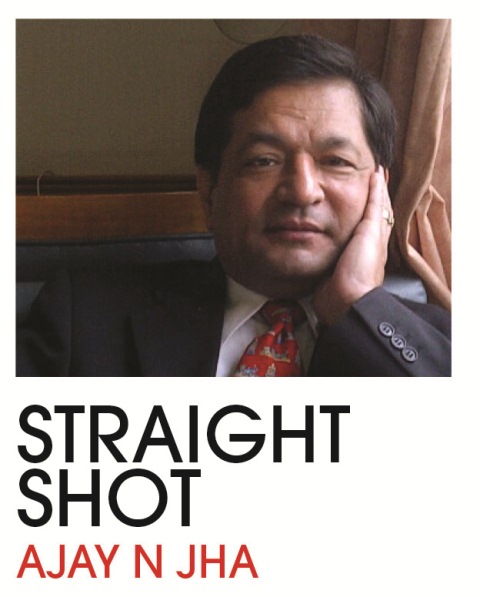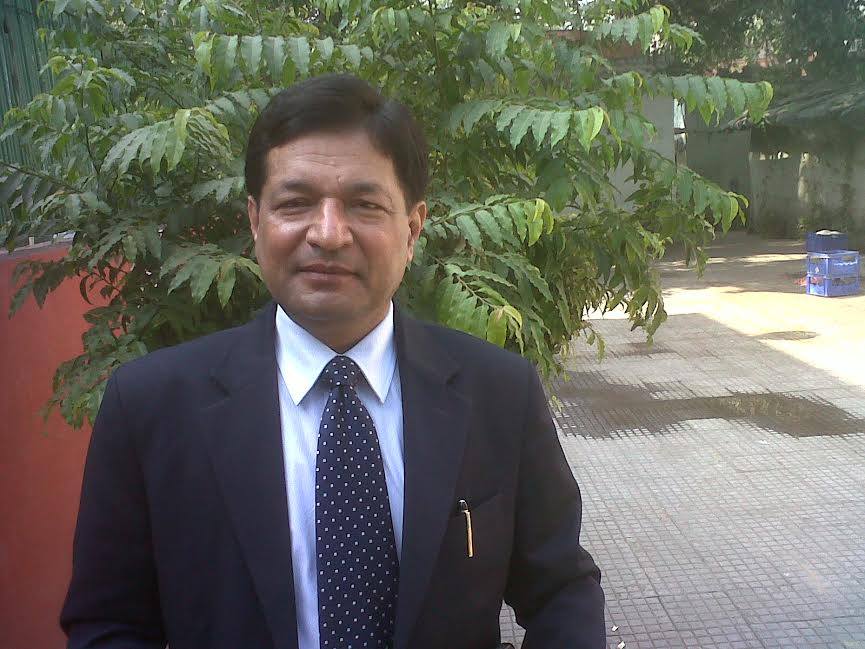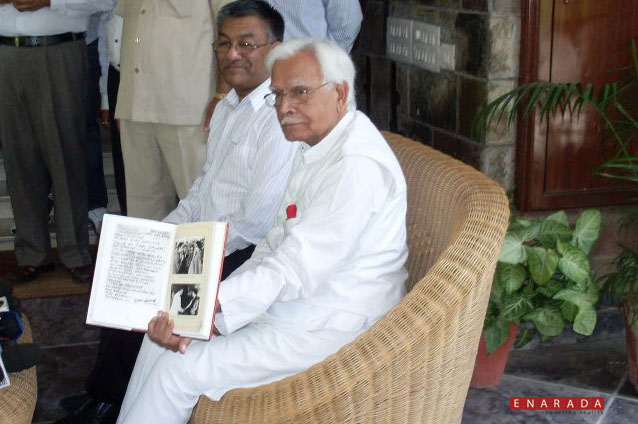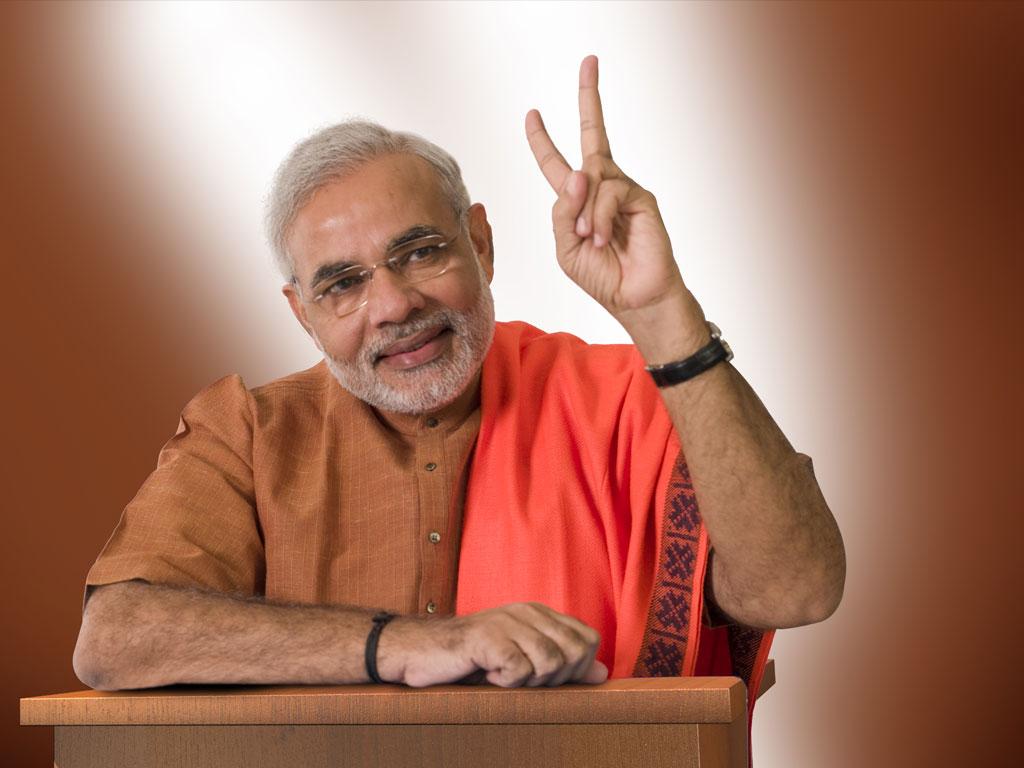The apprehensions raised by a several States including BJP ruled States on the creation of National Counter Terrorism Centre (NCTC) as the cornerstone of India’s new anti-terror structure, on the grounds that its power to make arrests impinged upon the States’ powers can at best be termed as short-sighted.
Many States have been harping on the States’ power and yet, very few Chief Minister have been magnanimous enough to understand and underscore the larger issue of need of the hour to have a tough policy to safeguard the nation and respect the federal structure of the country.
The formation of NCTC was the brain child of former Home Minister P Chidambaram on the lines of US NCTC and it can as well be called a borrowed idea from the Americans. The 9/11 attack on America was watershed mark in the history of terrorism because it was for the first time that Al Qaida had comprehensively punctured the American pride and the sense of invincibility by attacking their most important wings- the white House, the Pentagon and the World Trade Centre. The Americans had never imagined that such a well-coordinated attack could ever take place.
It used to be said that “not even a bird could fly over the Pentagon” and yet a plane hit it the hardest. World Trade Centre was razed to the ground and the plane which had targeted the White House eventually, crashed in Pennsylvania. But it severely bruised the American ego worldwide and it was a loud wake up call for them.
India too had its share of misery caused by terrorist attacks; thanks to 26/11 and it spurred the centre to propose and implement NCTC as a formidable defence mechanism against such attacks in future. But there were many spokes in the wheel. It is also a fact that Americans would only be too happy to see India implementing NCTC at any cost because it would, more than anything else, be a potent weapon to save their own business interest, their professional needs as well as American personnel in India. In other words, the US wants India to do all the hard work to curb the menace of terrorism and nip them in the bud in its own territory than allowing them to reach up the US shores.
However, the NCTC since its inception, landed into too many blind alleys as there were not only opposition from within including the bid to move NCTC out of Intelligence Bureau (IB) but also the lurking fear that the Central government could use it as a political instrument at the crucial juncture. Many opposition parties criticized the proposal and wanted a dilution or deletion of its arrest powers. Their argument is that NCTC under IB was tantamount to” arming a secretive wing of the State-often seen in snooping on the government’s opponents- with even more powers.”
On the other hand, some central agencies too were not comfortable with NCTC being made an adjunct of IB. In their view, the NCTC should be made an independent entity in analysis inputs received from central agencies State agencies. The fact of the matter is that the Multi Agency Centre(MAC) directly under the IB has been working more like a MAIL INBOX” where all kinds of inputs keep pouring in but there is no “follow-up action” taken upon them. That way, NCTC proposal, if effectively implemented could work as a formidable bulwark against those groups and terrorist threat areas to the extent of following them “hot pursuit”.
The other stumbling block dealing with NCTC’s power to make arrest is more complicated but it could here too is a case seen for diluting the provision through effective safeguards despite Arun Jaitley’s criticism that NCTC’s power of arrest would be an intrusion on the States’ domain.
The truth however, lies somewhere in between. Neither the government nor the opposition parties differ on the NCTC’s utility as a body that can work to break inter-agency firewalls and reduce turf wars that have seen intelligence being missed and highly wanted accused like Indian Mujahideen (IM) leader Riyaz Bhatkal slip through the fingers of law enforcement agencies. The difference lies in the modus operandi and actual terms of reference. While Arun jaitley’s case for NCTC in India is more on the lines of US NCTC which concentrates more on strategic planning, assessment and integration of intelligence, Home Minister Shinde argues that in the US, agencies like FBI have the power to make arrest anywhere.
Jaitley, in an article posted on the BJP’s website said that his party was not opposed to the setting up of NCTC but was against police powers to the proposed anti-terror hub. He argues that powers and jurisdiction of NCTC must be within the constitutional framework and fight against terrorism must co-exist with federalism. In any case, the Union Government had already been empowered in dealing with terror cases through national Investigative Agency (NIA) which investigates offenses under the Unlawful Activities Prevention ACT. Yet the fact remains that in many cases, the Centre has chosen to adopt ‘softer approach on terror” as seen in the repeal of Prevention of terrorism Act (POTA) even as India continues to face Jihadi domestic modules and Pakistan foments trough the State and non-state actors.
However, there are certain issues on which the States would also have to think of the “Nation First Approach” and until that happens; it would be difficult to control the scourge of terrorism. In that fight, the States too would have to eschew the” cry of interference in their domain for a variety of reasons.
Unlike USA, India has been facing a more volatile and at times hostile environment from within. A look at our neighboring countries could easily describe the state of affairs. Be that Sri Lanka, Pakistan, Bangladesh, Nepal and even Myanmar, these states have remained the hot bed / hub of activities of many extremist/terrorist groups. The terrorists’ outfits like LET, JEM and other new outfits overtly or covertly sponsored/financed by ISI have been mushrooming in India with alarming regularity. Even then, India has been able to by and large contain such Fidayeens which are easily risible and available across South Asia.
Poverty and Islamic fundamentalism and family responsibilities has lured and forced many young men and women to get sucked into this deadly cycle. Areas like Azamgarh and Kairana in Muzaffarnagar are ready made inventory for such Fidayeens.
Added to that is the convergence and linkages among LTTE, NSCN, Naxals, HUJI,SIMI,ULFA and other extremist outfits which ‘mool mantra’ is to help each other for arms and logistics and fight the establishment. They also help each other in information exchange, arms, money and even money supply. The stark fact is that 1/20 of the country does not trust the establishment even today.
Yet another bane is the huge amount of politicization in the system itself. There have been examples when the federal and democratic set up of India has been put to severe test. There have been occasions when even the established norms and conventions have been paid scant regard by the head of the State. The tantrums of West Bengal Chief Minister Mamta Banerjee is one such example because She does not believe in receiving the President or the Prime Minister of India at Kolkata even with a customary smile but she does not mind exhibiting her outburst in public.
In the present political scenario, regional parties and their aspirations have stared impinging upon the federal structure (sometimes by default and at times, deliberately) and making it weaker. Federal institutions are being attacked. In such a situation, it is difficult to check and fight terrorism if the State government is not keen to cooperate with the Centre in the larger interest for any amount of reasons and logic.
Moreover, problems get compounded when regional parties start making political capital out of such serious and sensitive issues. One such example is Akali Dal which never opposed or condemned the attacks of terror and it even approached the President of India for staying the execution of Balwant Singh Rajoana, one of the assassins of former Punjab Chief Minister Beant Singh.
Vaiko from Tamil Nadu has been on the fore front of clemency to the killers of Rajiv Gandhi and he has been a known supporter of the LTTE. But even more curious was the case of LJP leader Ram Vilas Paswan who along with leaders from left parties went to the extent of taking a delegation to the President and said that Muslims were stereotyped as “criminals and terrorists”. In reference to the arrest of a Muslim youth called Fasih Mehmood, from Darbhanga district of Bihar who had been picked up from his residence at Jubail in Saudi Arabia on May 13, 2012, Paswan went to the extent of saying that, “Police violate norms while taking young Muslim boys into custody on different charges of terrorism. They are illegally arrested, tortured and put behind bars for years without any trial. When a bomb explodes, cold fear grips the entire Muslim community.”
More than that, the attitude of a section of senior officials and their allegiance to the leaders that be is another cause of ‘slip through the cracks’. In some cases, they just don’t react even after getting credible inputs while in others, they don’t want to act to displease their masters. In yet another kind of situations, they just want to keep their own chairs safe and to hell with the rest. In the process however, many hard core extremists and terrorists slip away and create more problems for the country. (to be continued)
(Posted on June 9, 2013 @ 3 pm)
(Ajay Jha is a Commentator and Independent Writer and Analyst on Politics, security and Economy of South And West Asia. His email id is: Ajay N Jha <ajayjha30@gmail.com>)






